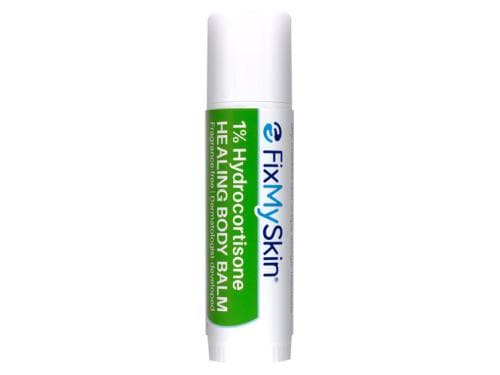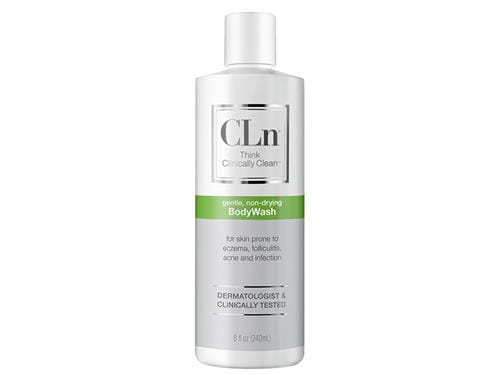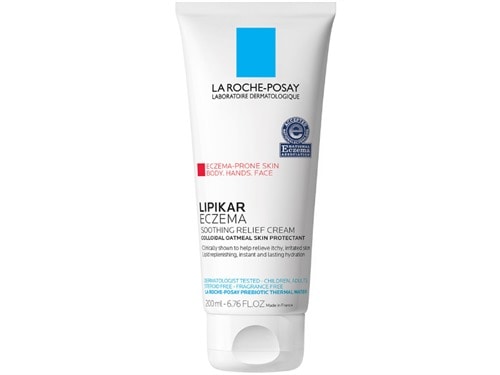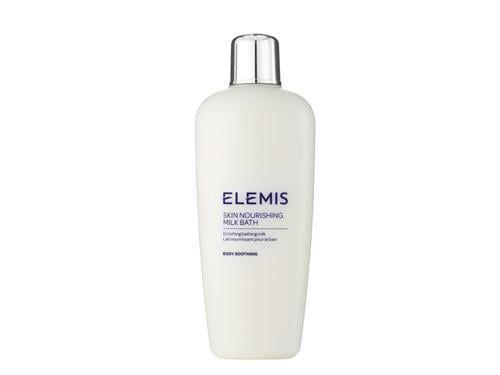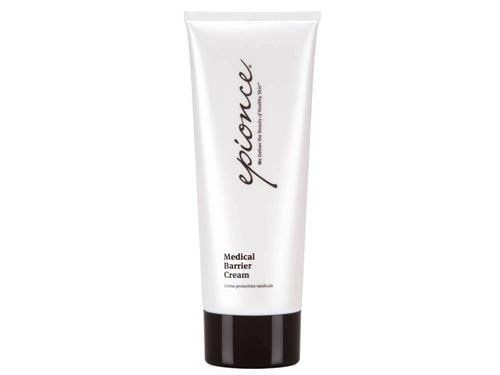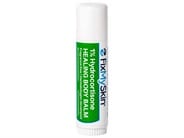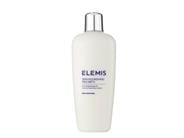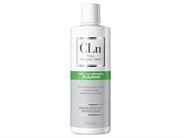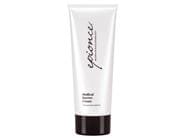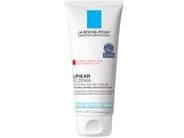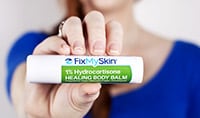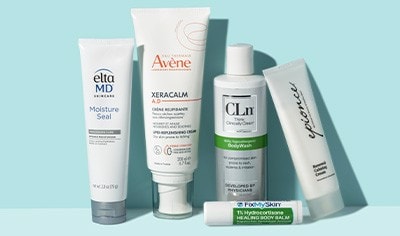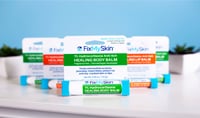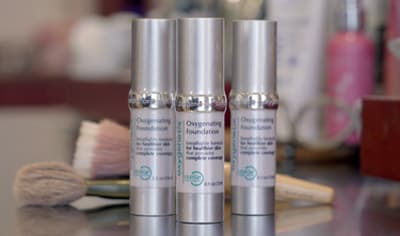
Everyone experiences a little itchiness now and then. But when that itchiness comes with patches of red, inflamed, and scaly skin, it might be a sign that something more serious is going on. You’ve likely heard of a few different diseases with symptoms like these— two of which being eczema and psoriasis. Although both conditions affect the skin in similar ways, there are key differences that affect how you treat them.
The only way to be sure which condition you are dealing with is to be evaluated by a doctor. However, knowing the difference between psoriasis and eczema can allow you to identify important details that can help your doctor narrow down what you could be dealing with. This article will answer some key questions regarding psoriasis and eczema, including:
- What causes psoriasis and eczema?
- What triggers psoriasis and eczema?
- Is psoriasis or eczema the cause of my itchiness?
- Where do psoriasis and eczema appear on the body?
- At what age do psoriasis and eczema develop?
- What health conditions are related to psoriasis and eczema?
- How do you treat psoriasis and eczema?
What Causes Psoriasis and Eczema?
Both psoriasis and eczema are diseases that affect the skin and result from an overactive immune system. While their target is the same, the reason each condition develops is very different. Eczema is a group of skin conditions known as dermatitis that causes inflamed, itchy patches of skin to form on the body. About 31 million Americans are dealing with some form of this condition.
There is no known cause for why eczema develops, but it typically affects those who are genetically predisposed when they come in contact with a trigger. Eczema-prone skin is hypersensitive, which means multiple stimulants can cause the skin to become inflamed and irritated.
On the other hand, psoriasis is a result of an autoimmune response that causes skin cells to regrow at a faster-than-normal pace. This rapid regrowth causes a build-up of dead skin, leaving dry, red, scaly patches. Over 7 million Americans are living with psoriasis.
The most common type of psoriasis is plaque psoriasis. These plaques are often raised with layers of dead skin cells that appear silvery and flakey. Similar to eczema, it is not known what causes psoriasis to occur in the body.
What Triggers Psoriasis and Eczema?
There are no known causes for either psoriasis or eczema, but both can be triggered by outside stimuli. Eczema often shares triggers with common allergies. Some of these triggers could be:
- Dust and pollen
- Grass
- Mold
- Soaps and cleaners
- Perfume and fragrances
- Certain ointments, lotions and creams
- Jewelry
- Dietary habits
People living with psoriasis may have some of the same triggers that are listed above, but it is often associated with skin and tissue damage rather than a bad reaction to a stimulant. Some of these triggers could be:
- Cuts and scrapes
- Bug bites
- Sunburns
- Infections like strep throat and HIV
- Cold, dry weather
- Alcohol and drug use
Understanding what triggered the symptoms you're experiencing might help give you a clue as to what condition you are dealing with. Be sure to let your doctor know if you are able to link your outbreak to one of the conditions listed above.
Is Psoriasis or Eczema the Cause of My Itchiness?
The reason why people confuse psoriasis and eczema so often is because their symptoms are very similar. They both cause dry skin that itches and cracks. But, there is actually a subtle difference in how people living with these diseases experience their symptoms.
People with eczema often describe what they’re feeling as an intense itch that is never satisfied. Scratching can trigger the eczema response and lead to more itching— causing a never-ending cycle. This can lead to thick, darkened leather-like skin, and fluid-filled blisters may also be visible.
While psoriasis can also cause an uncomfortable itch, it tends to be milder than that experienced with eczema. Individuals with psoriasis often experience painful skin with a burning sensation. Psoriatic skin is also typically thicker than eczema skin and is raised.
According to board-certified dermatologist and LovelySkin CEO Dr. Joel Schlessinger:
"Many of my patients wonder if they have psoriasis or eczema when they are first seen. Generally, this is not a huge challenge for a dermatologist to determine. With some specific questions and a thorough exam, the answer usually is apparent. If not, a biopsy is occasionally necessary. The biggest clue is the scalp. Eczema rarely occurs on the scalp, while psoriasis usually starts on the scalp, so that is a great way to determine a likely answer to this question."
Where Do Psoriasis and Eczema Appear on the Body?
Another way that psoriasis and eczema can differ is in the areas they appear on the body. While both can appear anywhere, eczema usually develops in areas where the skin rubs together. This typically includes:
- Inside elbows
- Inside knees
- Neck
- Eyelids
Psoriasis will most often appear on:
- Arms
- Legs
- Nails
- Scalp
- Feet
- Buttocks
It’s important to remember that both psoriasis and eczema exist in many forms, which means you could show symptoms on different parts of your body depending on which one you have.
At What Age Do Psoriasis and Eczema Develop?
Another clue that might help you determine if you have eczema or psoriasis is the age at which you had your first outbreak. People living with eczema usually have symptoms at an early age, before the age of 2. However, eczema can develop anytime during a person’s life. You will likely experience different eczema symptoms depending on your age.
Psoriasis can occur at any time during your life as well, but most people have their first outbreak either between the ages of 18-40 or 50-70. Psoriasis symptoms can also change as you age.
What Health Conditions Are Related to Psoriasis and Eczema?
Eczema and psoriasis each have additional diseases that they could be associated with— either because they develop concurrently or because one causes the other.
People living with eczema may also experience:
- Asthma
- Allergies
- Hay fever
- Skin infections
People with psoriasis are at a higher risk of developing:
- Psoriatic arthritis
- Heart disease
- Hypertension
- Diabetes
- Eye problems
Both psoriasis and eczema can be linked to mental health issues as well. Don’t hesitate to contact your doctor if you’re experiencing signs of any of these conditions as they can be life-threatening.
How Do You Treat Psoriasis and Eczema?
While there is no cure for eczema or psoriasis, there are plenty of treatment options regardless of which condition you have. Topical treatments are a great option for relieving the pain and itching that comes with these diseases. These can either be prescribed by your doctor, or you can find great over-the-counter choices.
Try: FixMySkin 1% Hydrocortisone Healing Body Balm
Hydrocortisone works well for those dealing with either psoriasis or eczema because it reduces inflammation and itchiness. The moisturizers that are in this product leave skin with intense moisture that penetrates deep into the skin and soothes any irritation you may have.
Dr. Joel Schlessinger says,
“FixMySkin 1% Hydrocortisone Healing Body Balm is a product my son, Dr. Daniel Schlessinger, and I came up with. It doesn’t contain the irritating ingredients other over-the-counter hydrocortisones includes, and it works on many conditions ranging from eczema and psoriasis to bug bites and seborrheic dermatitis.”
Try: CLn Body Wash
Eczema can make skin more prone to infections, but a cleanser formulated with a low concentration of bleach can help. This gentle, hypoallergenic body wash uses sodium hypochlorite to reduce redness, minimize the spread of infection and help relieve dry, flaky skin.
Try: La Roche-Posay Lipikar Eczema Soothing Relief Cream
Skin creams are an effective way to combat the dry and itchy effects eczema can have on your skin. This formula contains soothing ingredients like shea butter, niacinamide, and colloidal oatmeal that are clinically proven to relieve these symptoms.
Try: ELEMIS Skin Nourishing Milk Bath
Baths are a wonderful opportunity to soothe and replenish your skin— as long as they aren’t too warm, as hot water can cause additional dryness and inflammation. Adding in additional moisture by using this product can help soften and smooth plaques and dry patches on your body. This formula calms inflammation and can temporarily alleviate your symptoms in the process.
Try: Epionce Medical Barrier Cream
Eczema-prone skin is often very sensitive due to a compromised moisture barrier. This gentle, hydrating rich cream helps rebuild skin’s moisture barrier with an EpiB Complex, while avocado, rosehip and safflower extracts rehydrate to keep skin comfortable and soft.
Your Dermatologist Is Your Best Resource for Treating Psoriasis and Eczema
In addition to proper skincare, your dermatologist may prescribe oral medications to help you manage your diseases. Always discuss with your doctor or dermatologist before you add or alter your psoriasis or eczema treatments, especially if you’re still unsure of which condition you have. Once you’ve been diagnosed, you’ll be able to start on the road to finding the best way to care for your skin.
What if you’re experiencing discomfort without the telltale signs of eczema and psoriasis? Find out why your skin might hurt to touch even if there’s no rash by reading our blog.
Shop this blog
More than Meets the Eye: Blue Light Expl...
SkinCeuticals has your sensitive skin co...
Follow us on social
Follow us on social networks and be one of the first to learn about sales, giveaways, and free samples

